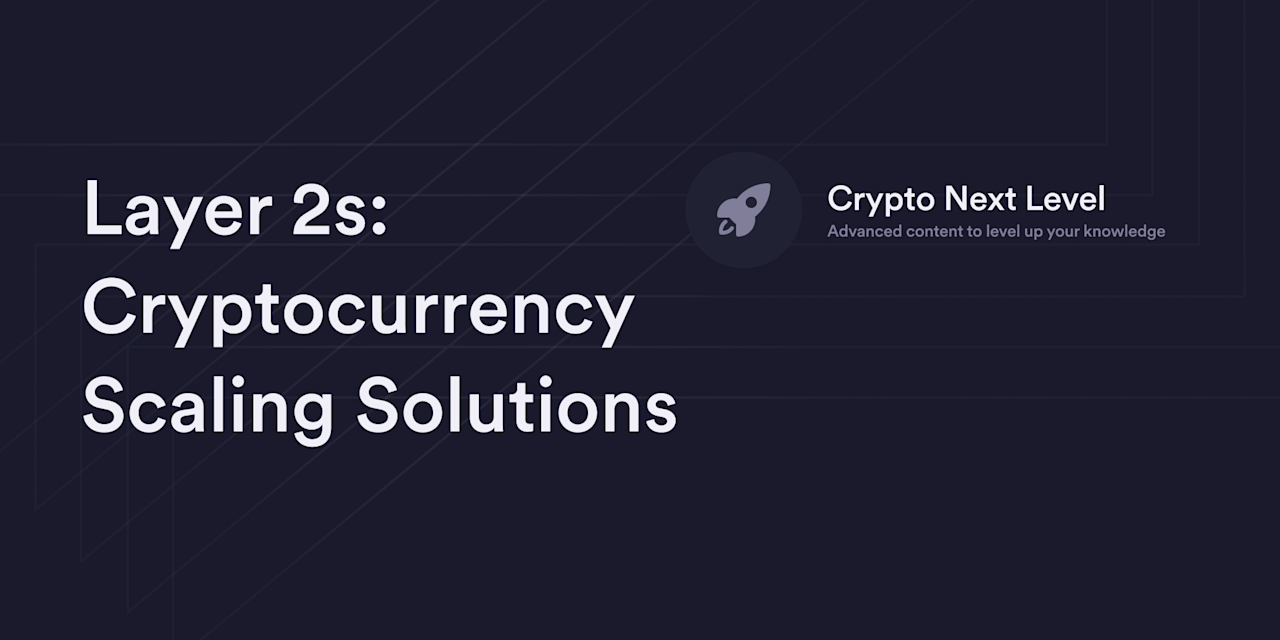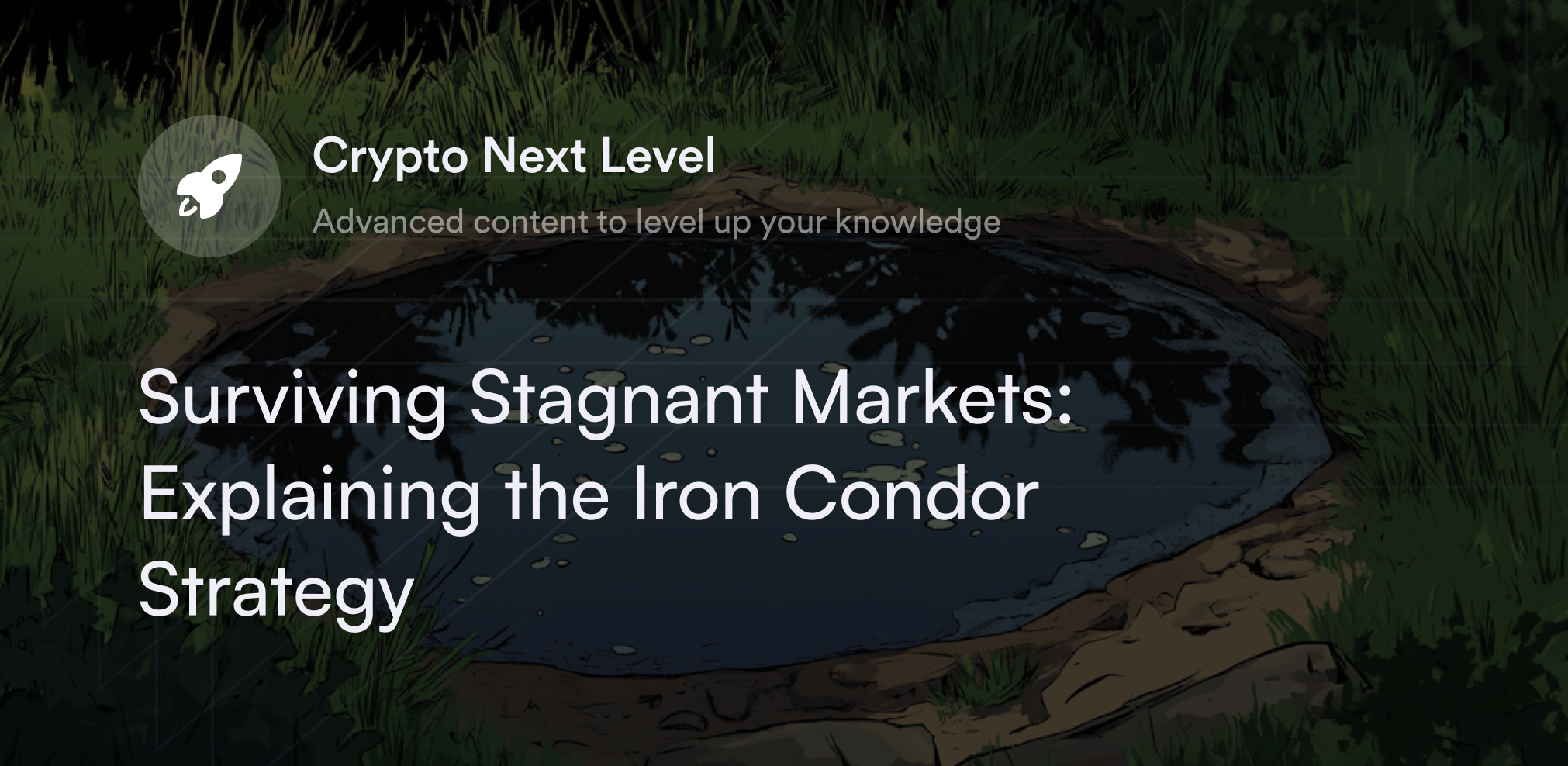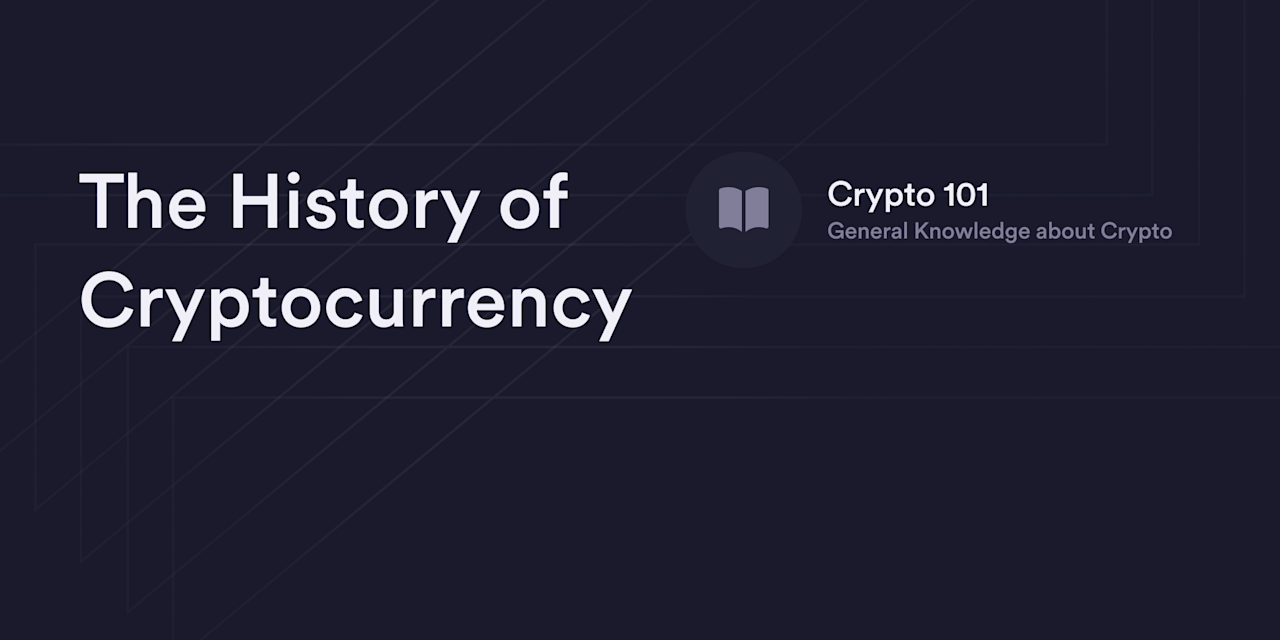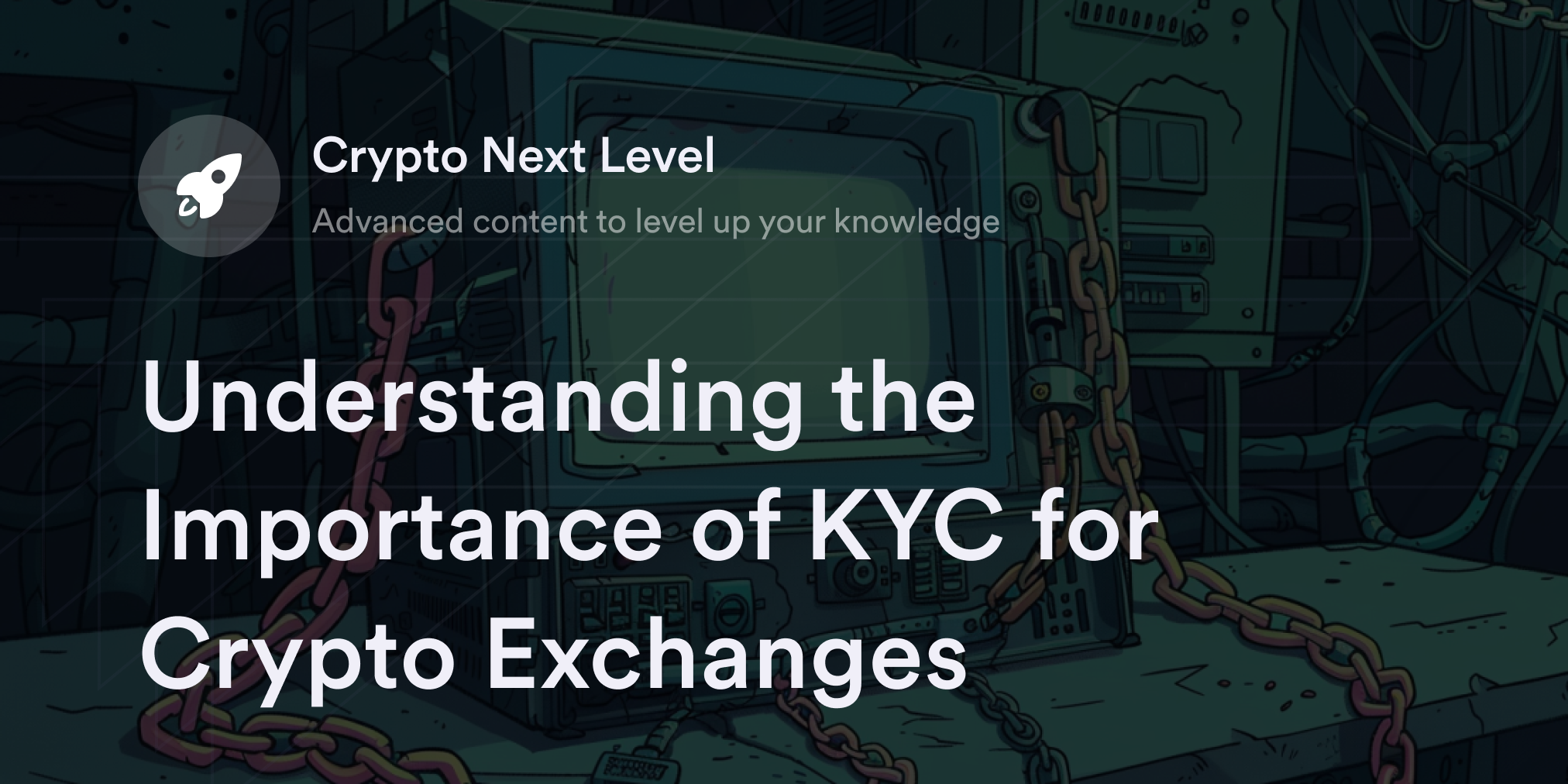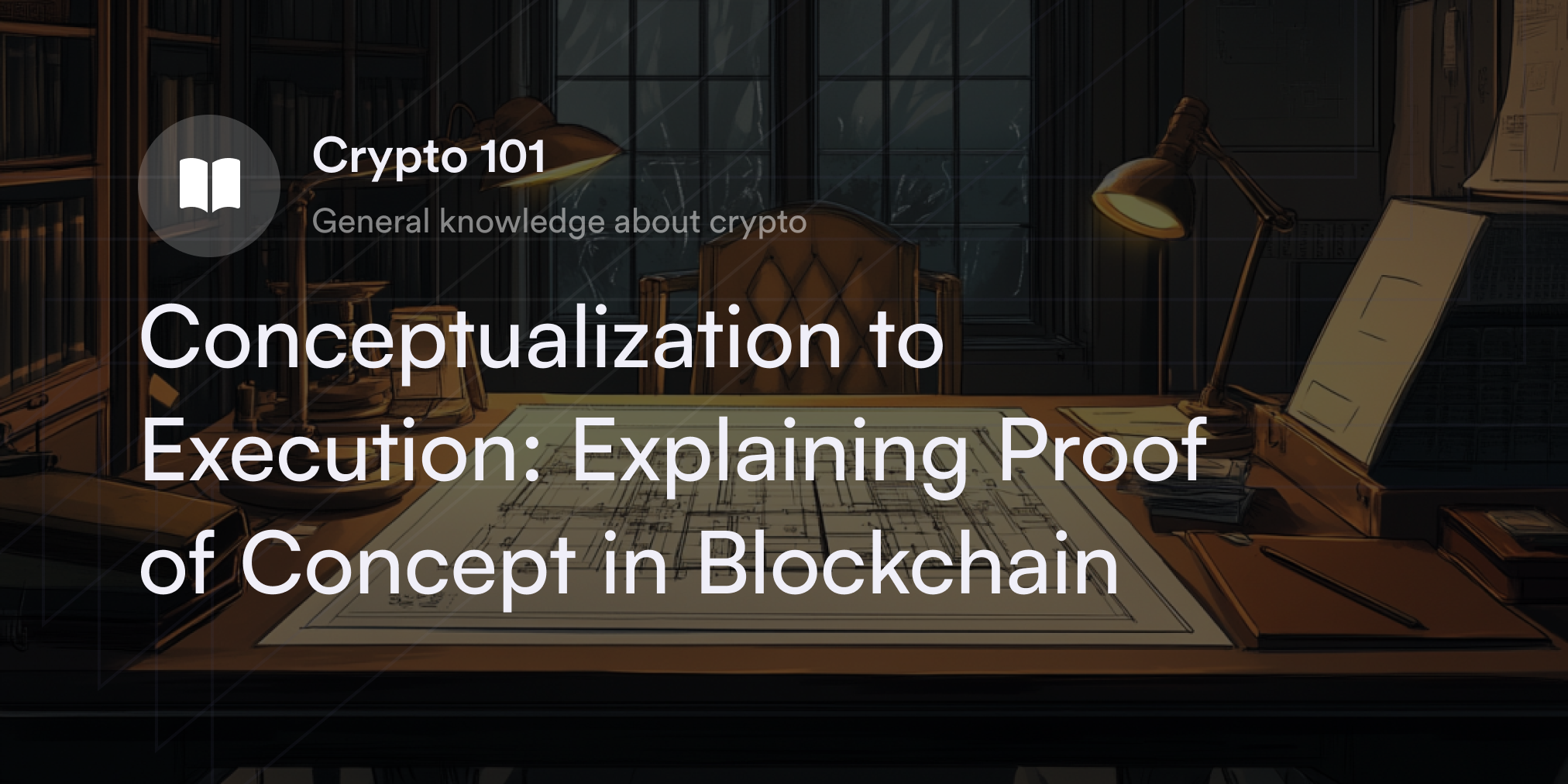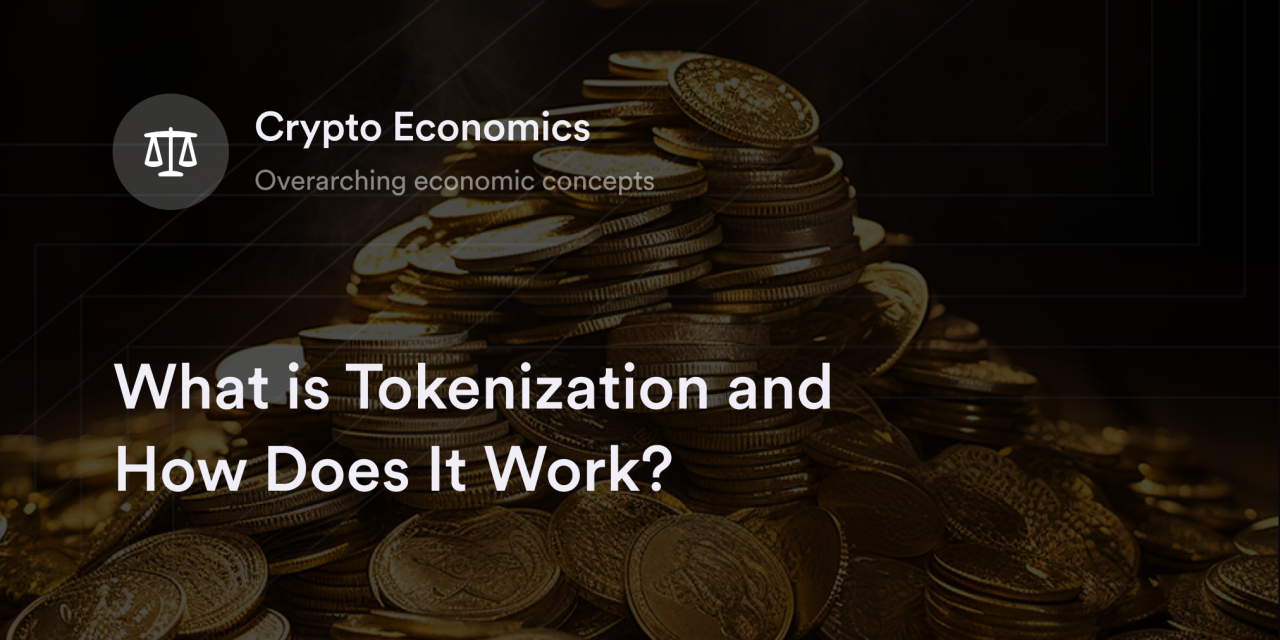
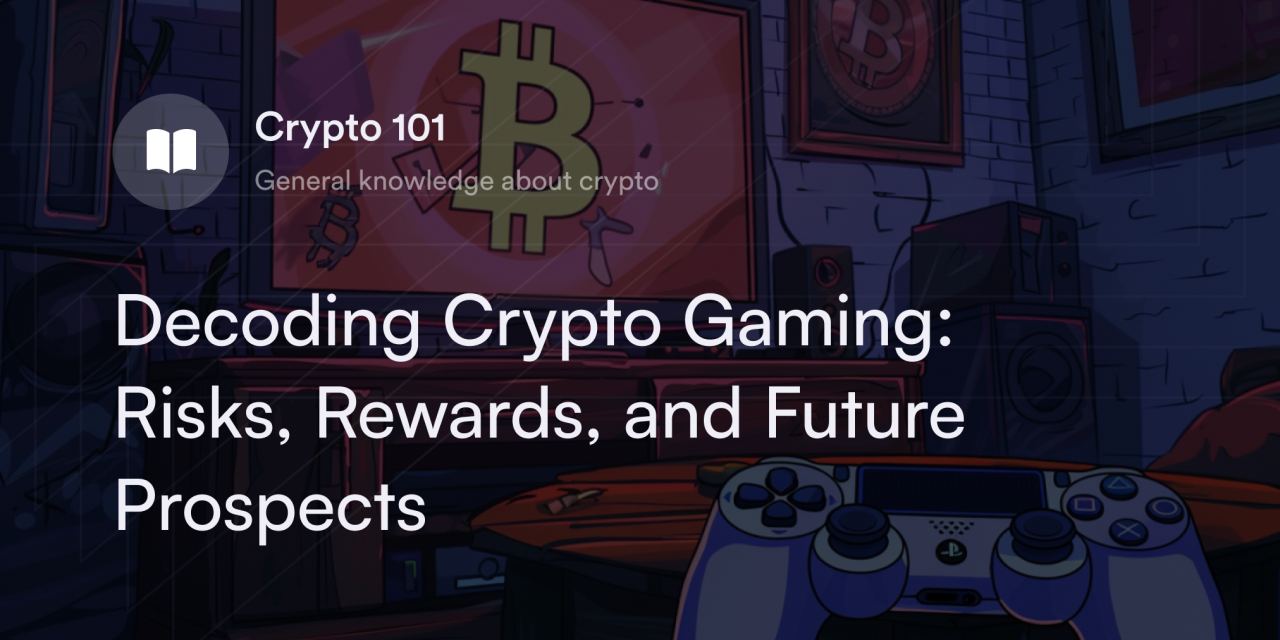

Video games have long been a staple of digital entertainment, captivating audiences with immersive worlds, challenging gameplay, and interactive storytelling. From arcade classics to modern console blockbusters, they have evolved dramatically, now offering complex virtual environments and sophisticated game mechanics.
Emerging at the forefront of this digital innovation is crypto gaming, which bridges the thrill of interactive gaming with the complexities of blockchain technology––reshaping the landscape of digital entertainment and investment.
In this guide, we’ll review crypto gaming, how it works, its strategies, and its risks. We’ll also explore the most popular players in this niche.
What is crypto gaming?
Crypto gaming is the amalgamation of games and cryptocurrency. It involves games built on blockchain technology, enabling distinct features like true asset ownership and real-money trading of in-game items.
Players in games like "Axie Infinity" or "Decentraland" don't just participate in virtual adventures; they also engage in an economy where in-game assets, like Axies or LAND tokens, respectively, have tangible value. Through decentralized exchanges (DEXs) like dYdX, gamers can trade these assets.
This integration of gaming with blockchain, non-fungible tokens (NFTs), and cryptocurrencies heralds a new gaming era––one where the lines between entertainment and investment blur, offering a unique blend of play and profit.
How does crypto gaming work?
Crypto gaming, also known as play-to-earn or P2E, offers a new dimension to gameplay, with the potential for real economic benefits for players, while presenting unique challenges in terms of scalability, security, and regulatory compliance.
Here's how it typically works:
Blockchain integration: Crypto games use blockchains to record transactions and ownership of in-game assets. This ensures data transparency, security, and immutability.
Use of cryptocurrencies: Players can leverage cryptocurrencies for in-game purchases, trading, or as rewards. Transactions are conducted using digital wallets, offering a seamless, secure exchange of value.
NFTs: Many crypto games use NFTs to represent unique in-game items like characters, skins, or equipment.
Play-to-earn model: Unlike traditional games, crypto games often follow a play-to-earn model, where players can earn cryptocurrency or NFTs by playing the game. These rewards can potentially be exchanged for real money.
Decentralized autonomous organizations (DAOs): Some games incorporate DAOs, allowing players to participate in governance decisions about the game's future, contributing to a community-driven game development approach.
Smart contracts: These are self-executing contracts with agreement terms directly written into code. In crypto gaming, they automate transactions and the execution of certain in-game events, ensuring fairness and adherence to rules.
How to trade in crypto gaming: Strategies for making money
Crypto gaming not only offers an immersive experience but also provides a wealth of ways to earn real-world profits. This section provides a deep dive into various crypto trading strategies, from asset trading to staking in different gaming platforms, helping anyone interested in crypto gaming.
Trade assets and more
Players can explore sophisticated investment strategies beyond basic asset trading. This includes analyzing market trends, understanding the tokenomics of different gaming platforms, and predicting potential value increases of rare in-game items.
Platforms like dYdX offer eligible traders advanced trading features, enabling savvy gamers to leverage their gaming assets more strategically.
Earn through gameplay
In addition to earning in-game currencies or NFTs, players can maximize their earnings by participating in tournaments, completing rare quests, or creating unique content.
For example, some games offer tiered rewards, where the value of earnings increases with the player's level or achievements.
Platforms like Stepn are pioneering in the Game-Fi space, where players can earn rewards in cryptocurrency through physical activities, showcasing an innovative blend of fitness and blockchain technology.
Stake and take part in yield farming
Players can explore various staking options across different games, balancing their portfolios between high- and low-risk games. This approach requires a deeper understanding of each game's staking mechanics and the associated risks.
Make early investments in games
Putting money in new or upcoming crypto games can yield substantial returns, especially if the game becomes successful and the value of in-game assets appreciates.
Are there any risks associated with crypto gaming?
While crypto gaming offers innovative ways to earn and engage in digital economies, it's not without its risks. As this industry is relatively new and rapidly evolving, understanding these risks is crucial for anyone looking to dive into crypto gaming. The intersection of gaming and cryptocurrency brings unique challenges and potential pitfalls, from technical know-how to security concerns.
Below are a few key risks associated with crypto gaming:
Scalability and transaction speeds
Many decentralized gaming platforms struggle with slow transaction speeds and high costs, which can hinder their ability to accommodate a growing player base. This scalability issue is a significant challenge as the network may not keep up with increasing transactions.
Interoperability challenges
Decentralized games face difficulties with interoperability, which is crucial for enabling inter-game items and characters. Blockchain interoperability issues mean that games built on one blockchain may not appeal to users of a different blockchain.
Technical knowledge requirements
Decentralized gaming requires a steep learning curve. Understanding cryptocurrency wallets, protecting passphrases, and buying or selling tokens can overwhelm some players. Traders must upgrade their tech knowledge by reading articles, blogs, and, most importantly, games’ terms and conditions.
Security and privacy concerns
Decentralized games offer more security and privacy than traditional games but are not immune to risks. Players' personal information and gaming assets might be less exposed to hacks, but understanding and managing digital identity securely remains challenging.
Player control and fairness
Decentralized games often give players more control over game developments and ownership of in-game items. However, ensuring fairness in these systems can be complex, as many distributed ledger technologies (DLTs) are not fast or affordable enough to prevent cheating reliably.
Market dynamics and legal framework
The decentralized gaming market is subject to the cryptocurrency market's volatility. Additionally, the evolving legal framework for cryptocurrencies and NFTs can significantly impact the gaming market.
What are the most popular games?
There are several popular games, each contributing uniquely to the ecosystem with innovative gaming tokens and platforms. Learning about these giants is crucial for anyone interested in the intersection of gaming and blockchain technology.
Here are a few popular names:
Sandbox (SAND)
The platform revolutionizes gaming by allowing players to create, own, and monetize their gaming experiences in a virtual world. It uses the SAND token, facilitating transactions and interactions within its ecosystem.
Parallel (PRIME)
Created by Parallel Studios, Parallel is a trading card game where cards play the essential role of NFTs, and players earn the PRIME tokens. PRIME is a utility token and operates on the Ethereum blockchain. Game players can use their PRIME tokens to purchase collectibles, services, and in-game enhancements.
Enjin Coin (ENJ)
Focused on enabling developers to tokenize in-game items on the Ethereum (ETH) blockchain, Enjin Coin has become a staple in the crypto gaming industry for its robust infrastructure and easy integration.
Decentraland (MANA)
A pioneering virtual reality (VR) platform, Decentraland allows users to purchase, develop, and monetize land and experiences within its metaverse, using the MANA token as its currency.
ApeCoin (APE)
Linked to the Bored Ape Yacht Club, one of the most prestigious NFT collections, ApeCoin serves as a utility token and governance token within its rapidly growing ecosystem.
Yield Guild Games (YGG)
This decentralized gaming guild brings players together to earn via blockchain-based economies. It’s known for investing in NFTs used in various virtual worlds and blockchain-based games.
Gala Game (GALA)
Combining immersive gaming with decentralized finance (DeFi) elements, Gala Game offers a unique platform where players immerse themselves in engaging gaming experiences and interact with a blockchain-based economy. This combination allows players to govern the game's ecosystem, potentially earning rewards and influencing future developments.
Future of crypto gaming
The future of crypto gaming appears to be a blend of continued innovation and growing mainstream adoption. As blockchain technology advances, it’s expected to offer even more sophisticated and secure gaming experiences. The metaverse’s growth will further expand the scope of VR and augmented reality (AR).
From an adoption standpoint, as awareness of NFTs and cryptocurrency continues to rise, more gamers and traders will likely enter the crypto gaming market, which could lead to greater investment in game development and higher-quality games.
Overall, crypto gaming is poised to continue evolving, blurring the lines between entertainment, technology, and finance. For players, developers, and traders alike, staying informed will be vital in navigating this exciting field.
Eligible traders can get trading with dYdX
dYdX’s premier decentralized exchange offers a smooth trading experience to eligible traders looking to access perpetual swaps. Learn more about our platform and the intricacies of using dYdX's suite of features on our official blog. Also, check out dYdX Academy for more pro tips on crypto trading and Web3 security, and eligible traders can start trading on dYdX today.
Disclosures
The content of this article (the “Article”) is provided for general informational purposes only. Reference to any specific strategy, technique, product, service, or entity does not constitute an endorsement or recommendation by dYdX Trading Inc., or any affiliate, agent, or representative thereof (“dYdX”). Use of strategies, techniques, products or services referenced in this Article may involve material risks, including the risk of financial losses arising from the volatility, operational loss, or nonconsensual liquidation of digital assets. The content of this Article does not constitute, and should not be considered, construed, or relied upon as, financial advice, legal advice, tax advice, investment advice, or advice of any other nature; and the content of this Article is not an offer, solicitation or call to action to make any investment, or purchase any crypto asset, of any kind. dYdX makes no representation, assurance or guarantee as to the accuracy, completeness, timeliness, suitability, or validity of any information in this Article or any third-party website that may be linked to it. You are solely responsible for conducting independent research, performing due diligence, and/or seeking advice from a professional advisor prior to taking any financial, tax, legal, or investment action.
You may only use the dYdX Services in compliance with the dYdX Terms of Use available here, including the geographic restrictions therein.
Any applicable sponsorship in connection with this Article will be disclosed, and any reference to a sponsor in this Article is for disclosure purposes, or informational in nature, and in any event is not a call to action to make an investment, acquire a service or product, or purchase crypto assets. This Article does not offer the purchase or sale of any financial instruments or related services.
By accessing this Article and taking any action in connection with the information contained in this Article, you agree that dYdX is not responsible, directly or indirectly, for any errors, omissions, or delays related to this Article, or any damage, injury, or loss incurred in connection with use of or reliance on the content of this Article, including any specific strategy, technique, product, service, or entity that may be referenced in the Article.
